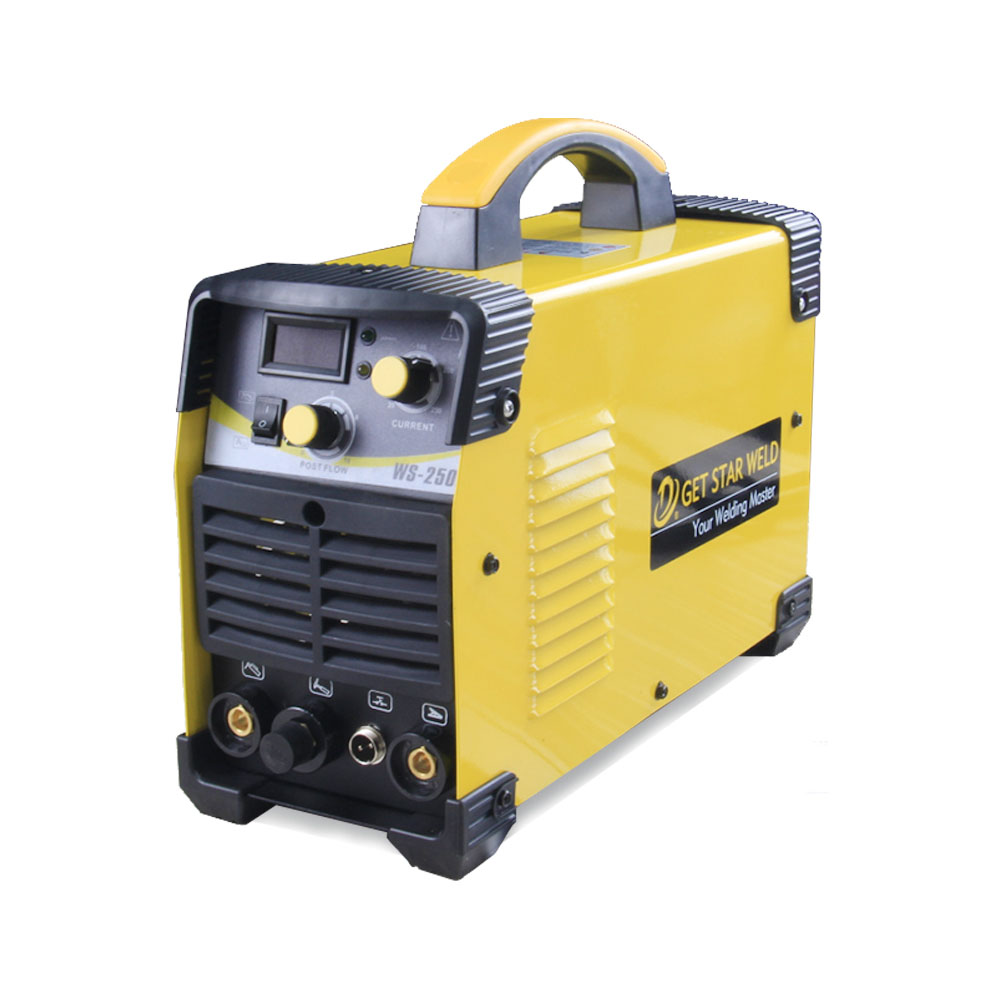Welcome to Get Star Weld!
Welcome to Get Star Weld!
29 Jun, 2022
TIG welding, a method born from the fusion of craftsmanship and technology, stands as a beacon in modern metalworking. Originating from the mid-20th century, this welding technique has evolved into a hallmark of precision and finesse. In the realm of metal fabrication, understanding the intricacies of TIG welding is akin to wielding a painter's brush, creating seamless connections in the metal canvas.
At the heart of TIG welding lies the tungsten inert gas, a method that employs a non-consumable tungsten electrode to produce the weld. Unlike its counterparts, TIG welding ensures utmost precision by not introducing any filler material into the electrode. This technique, often referred to as GTAW (Gas Tungsten Arc Welding), results in immaculate welds free from impurities.
To embark on the journey of TIG welding mastery, one must be acquainted with the essential components of the welding system. A power source, inert gas supply, tungsten electrode, and a shielding gas are the building blocks. Each element plays a vital role in orchestrating the controlled dance of heat and metal fusion.
Precision demands precaution. TIG welding, being a process that involves high temperatures and potential hazards, necessitates stringent adherence to safety measures. Protective gear, proper ventilation, and meticulous workspace organization are paramount. The welder's commitment to safety is as integral as the precision of their technique.

The hallmark of a TIG welder lies in its ability to establish and maintain the perfect arc. The tungsten electrode, with its non-consumable nature, becomes the conductor of this symphony. Precision in arc initiation ensures a stable foundation for the welding process, setting the stage for a flawless fusion of metals.
In the realm of TIG welding, heat is both a sculptor and a potential adversary. Mastery of this craft requires a nuanced understanding of controlling heat and managing metal fusion. The welder navigates the delicate balance between melting the metals and preserving their structural integrity, a ballet of temperature control.
While TIG welding often prides itself on producing clean, precise welds without filler material, there are instances where this addition becomes an art. The choice of filler material and its meticulous application become critical in achieving specific outcomes. This nuanced approach distinguishes a master TIG welder from a mere practitioner.
In the high-stakes realm of aerospace engineering, precision is non-negotiable. TIG welding emerges as a cornerstone in crafting components for aircraft and spacecraft. Its ability to produce welds with minimal distortion and exceptional strength makes it indispensable in the pursuit of flight excellence.
Beyond the industrial sphere, TIG welding finds a place in the realm of artistic metalwork. Sculptors and artisans utilize this technique to create intricate designs, melding form and function seamlessly. The precision offered by TIG welding allows for the realization of artistic visions with unmatched detail.
In the automotive domain, where performance and safety coalesce, TIG welding takes center stage. From exhaust systems to chassis components, the precision afforded by TIG welding contributes to the structural integrity and performance of high-end vehicles. It becomes a mark of excellence in the pursuit of automotive perfection.
The art of TIG welding is a journey of precision, technique mastery, and application diversity. Beyond its industrial significance, it stands as a testament to the fusion of science and art in the realm of metalworking.
Lorem ipsum dolor sit amet, consectetur adipiscing elit. Suspendisse viverra mauris eget tortor.